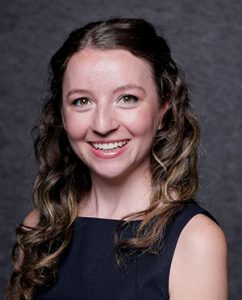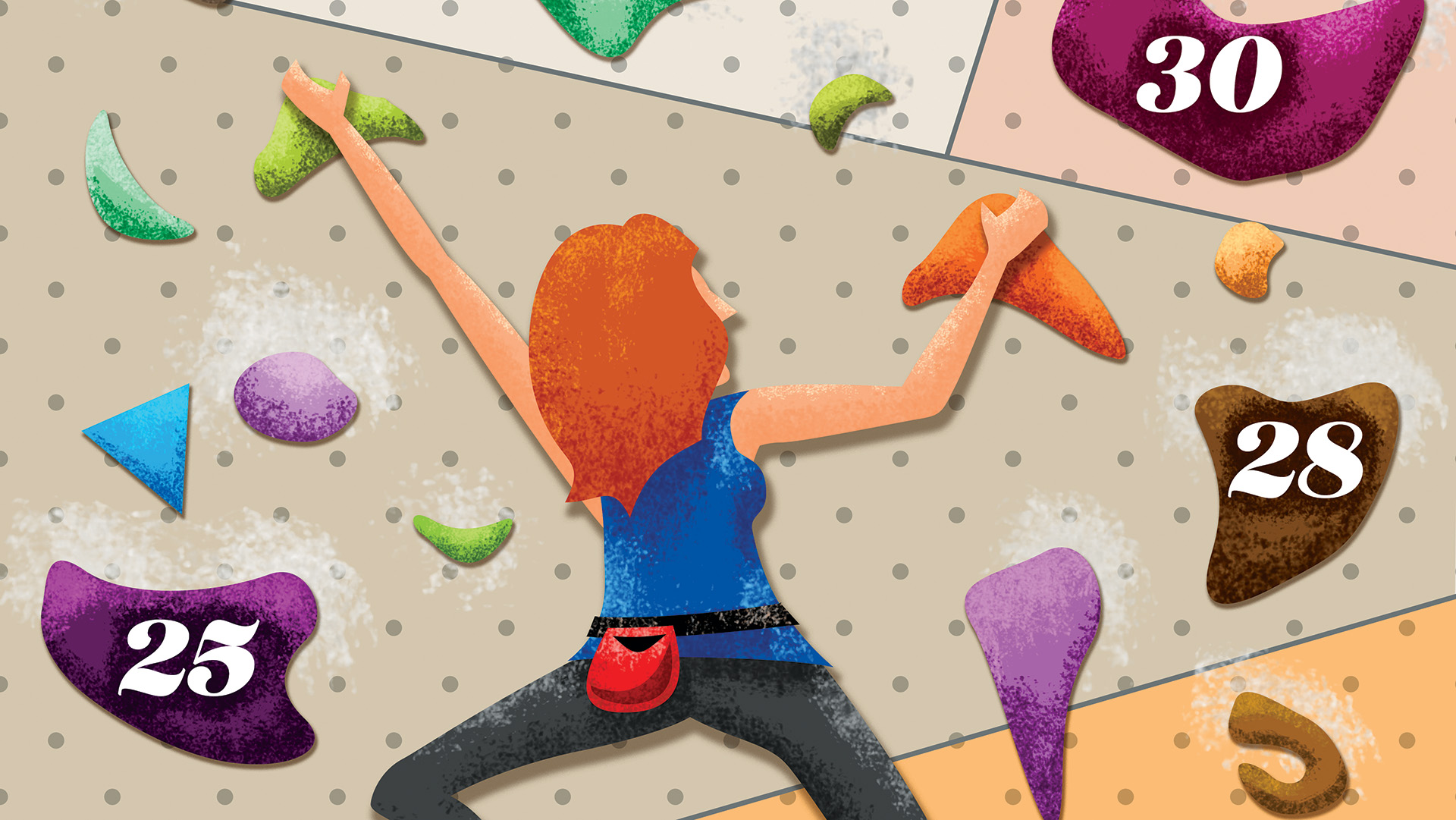The 1920s were a decade of change. Women won the right to vote, Prohibition outlawed the manufacture and sale of alcohol, middle class people owned cars, the 40-hour work week was approved by Henry Ford. And then the ‘20s roared to a halt with the crash of the stock market.
A lot can happen in 10 years.
Many of the changes that took place in the 1920s affected life even as we know it today. And some things, well, they’re forever forgotten to the annals of time. Just a blip in the course of history, never to leave any significant impact.
I think any history junkie knows that predicting the future is actually possible, if only we look back in time. And I’m a history junkie if there ever was one. That’s why, as I near the end of my 20s, I’m looking back to the 1920s to reflect on this decade of mine.
The Disposable 20s?
There’s this myth that’s been going around in my peer group that the 20s are a “throwaway decade,” that everything that happens in the decade of your 20s doesn’t really count. Life is a game and you don’t start accruing points until the day you turn 30.
30 is the new 20, if you will.
I’m not going to lie, turning 30 is a frightening thought — a sign of this millennial phenomenon at work.
I have a year and a half until I hit 30. The walls are closing in. I’m racked with thoughts of, “Am I at the point I should be in life?” “Did I do all the fun things I wanted to before I have to be serious about life?” “Did I have too much fun and waste too much time?”
The clock is counting down the minutes until the carriage turns back into a pumpkin.
The Changing 20s?
The 20s are certainly a decade of a lot of change for many people. They have been for me. In this one decade, I changed majors, changed colleges, lived with my parents, lived in a few different states, bought a house, entered the workforce, changed jobs multiple times, met tons of new people, and cut a few people loose, too.
A lot of the biggest things that happened in my 20s were affected by external circumstances and totally out of my control. If my conversations with my friends and siblings are worth anything, it seems that’s been the case for many 20-somethings. Certain things take longer for us than generations before. We’re more mobile, we’re getting married and having kids later, we’re in school longer … The list goes on.
But what I’ve learned in my looking back is that I’m grateful I never fully bought into the throwaway decade phenomenon. Have I used every minute of my 20s well? Probably not. I don’t really expect that’ll be true of any future decade, either. But I am certain I’ve made leaps and bounds in my personal growth and maturity in this decade. And I fully expect to make more exponential leaps and bounds after 30. I was different at 20 than I was at 22, than I was at 24, than I am now.
The Roaring 20s?
If I’ve learned anything from the 1920s, it’s that a decade can bring a lot of significant, transformative, life-altering events. I know at age 28 — which I didn’t at 20 — that the 20s count. This decade leads to something.
The path hasn’t always been straightforward or easy to navigate, but this time isn’t getting thrown out when the clock strikes midnight. If a young whippersnapper of 20 asked me today what I wish I had known then, it would be that the 20s are roaring.
But what I also know at 28 that I didn’t at 20 is that a lot of stuff gets shoved in the vault of time, never to make any impact. So when my brain is racked with questions — “Have I done enough?” “How do I accrue adulting points?” “Can we make 40 the new 30?” — I know not to sweat the small stuff. While the 20s count, the things that didn’t go so well won’t be ghosts haunting my life forever.
The 20s are a lot of things: full, transformative, messy, fun, serious, and life-changing. But they’re not disposable. They’re too good, too important, to throw away. So, let the 20s roar.





